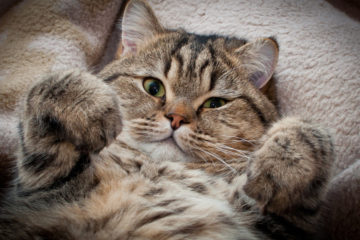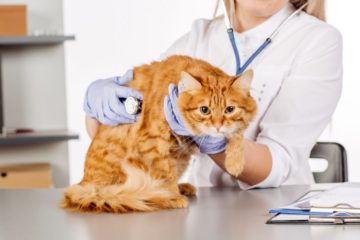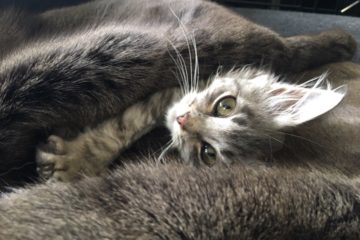About 30 percent of cats over 15 years old are affected by kidney (or renal) disease! Recognizing your cat has the renal disease may throw you feeling desperate, but if you control it suitably, you can help improve the quality of your pet cat’s life. So let’s see what is a feline kidney disease.
How Does a Cat Get Kidney Disease? 
Chronic kidney disease (CKD) is a general problem in older cats. It’s a usual side of senescence for the units of the working kidneys (the nephrons) to stop functioning. And when too many nephrons stop working, your cat’s kidneys become move waste products from the blood into the urine and incapable to filter blood. Consequently, definite substances can amass in her body and not only make her feel bad but further injury her kidneys.
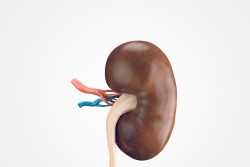 Although it’s not occasional for senior cats to start showing signs of kidney disease, younger cats can be touched by renal disease as well. Most of the time, your veterinarian can define whether it is due to a kidney infection or hereditary disease or even by absorbing something toxic, like pain relievers (acetaminophen, aspirin, ibuprofen) or lilies.
Although it’s not occasional for senior cats to start showing signs of kidney disease, younger cats can be touched by renal disease as well. Most of the time, your veterinarian can define whether it is due to a kidney infection or hereditary disease or even by absorbing something toxic, like pain relievers (acetaminophen, aspirin, ibuprofen) or lilies.
The next clinical signs are general in cats with kidney disease:
- Weakness
- Listlessness
- Depression
- Poor appetite
- Increased urination and thirst
- Vomiting (sometimes diarrhea)
- Bad breath (may even smell like ammonia)

Whereas these signs can be caused by many illnesses, including kidney disease, your veterinarian will make some laboratory tests to verify the diagnosis.
How Can I Help My Cat?
Chronic kidney disease is irreversible. Unfortunately, the damage can’t be canceled, but there are methods to help control it, improve your cat’s quality of life and hopefully prolong it.
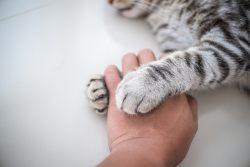 First of all, your pet cat must eat. She apparently won’t feel up to hunger, but it’s necessary that she does, so she can get the vitamins and nutrients she needs to live. Your veterinarian may advise a certain diet with lowered amounts of phosphorus and protein because this could help her feel better and slow the progression of the illness. Then, she needs to have enough of fresh water available, because the renal disease in cat can leads to dehydration. As well, try to carry her routine as stress-free as possible to allow her to rest, drink and eat.
First of all, your pet cat must eat. She apparently won’t feel up to hunger, but it’s necessary that she does, so she can get the vitamins and nutrients she needs to live. Your veterinarian may advise a certain diet with lowered amounts of phosphorus and protein because this could help her feel better and slow the progression of the illness. Then, she needs to have enough of fresh water available, because the renal disease in cat can leads to dehydration. As well, try to carry her routine as stress-free as possible to allow her to rest, drink and eat.
Talk your Vet
If your pet cat shows any of the clinical signs listed earlier, make sure what is it and visit your veterinarian. The cat’s doctor can discuss the best treatment scheme with you. Stick his or her diet references and, certainly, if signs deteriorate, notify your veterinarian as soon as possible.
